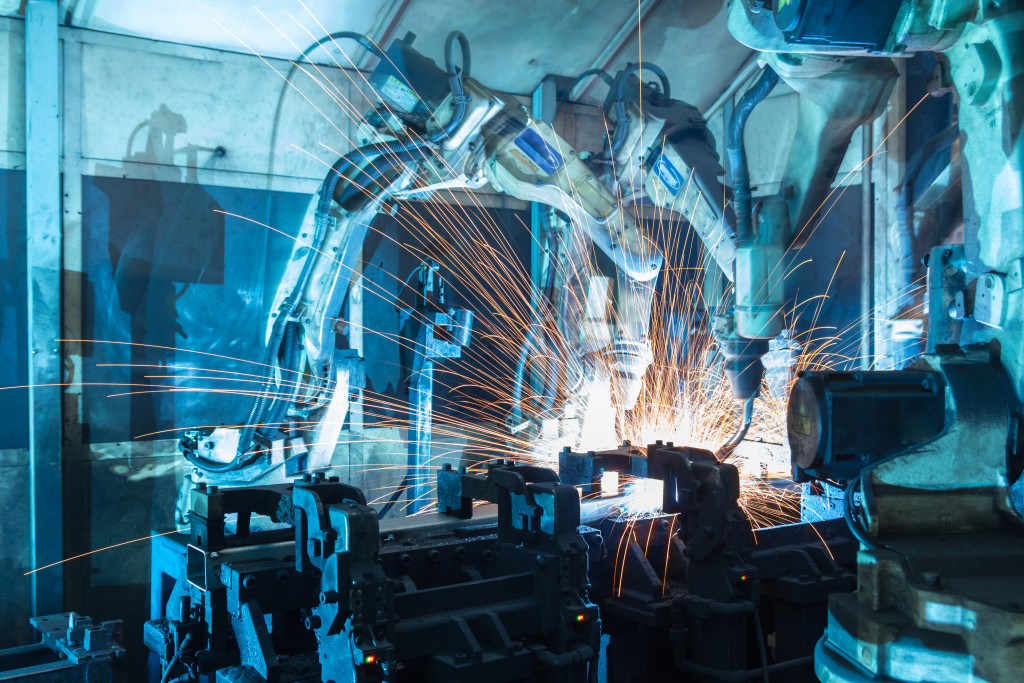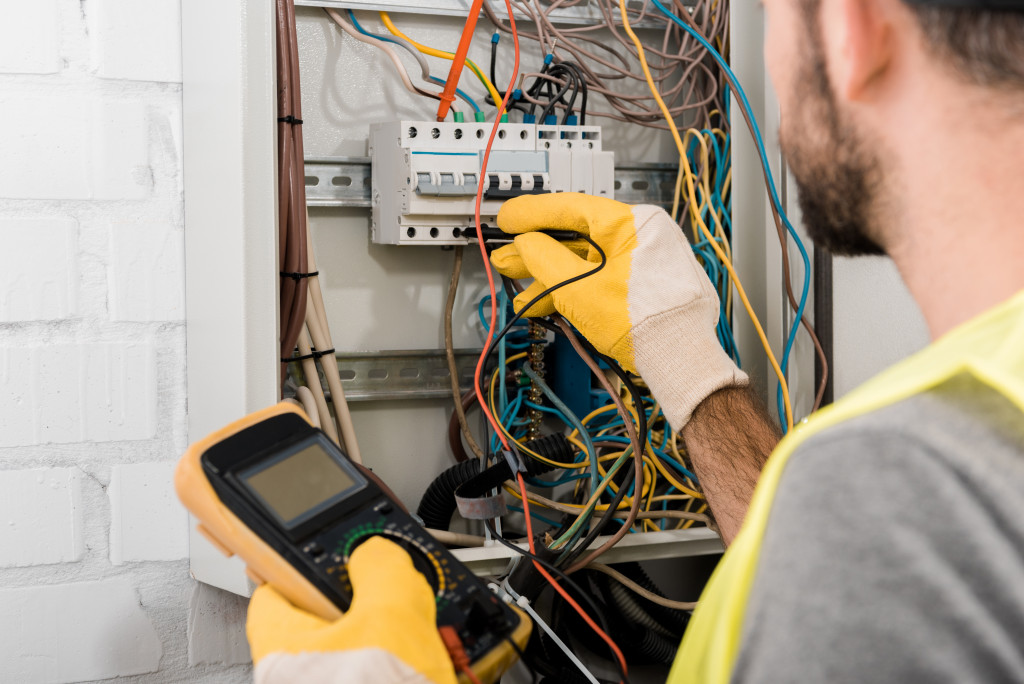- Technology advancements, including data analysis tools, automation systems, and industrial robots, can enhance productivity and reduce costs
- Investment in an efficient electrical system can minimize downtime, boost productivity, and demonstrate environmental responsibility.
- Implementing robust safety measures protects your workforce and prevents costly interruptions to your business operations.
- Strategies for boosting the bottom line include investment in technology, efficient electrical systems, and workplace safety measures.
As a business owner, entrepreneur, or company leader, you are constantly looking for ways to improve and grow your business. If you are in the industrial sector, there are several strategies you can implement to boost your bottom line. These strategies not only improve your profitability but also enhance your overall business and customer satisfaction. This blog post will explore some of the effective strategies that can help industrial businesses increase revenue and achieve long-term success.
Invest in Technology
Technology advancements offer tremendous benefits to businesses of any industry. By incorporating technology such as automation systems, industrial robots, and predictive maintenance tools, you can streamline your operations, reduce overhead costs, and improve productivity. You can also leverage the following:
Data Collection and Analysis Tools
In the age of big data, data collection and analysis tools are crucial for industrial businesses. These tools can gather vast amounts of data from your operations, helping you identify trends, understand performance, and make informed decisions. Not only does this lead to increased efficiency, but it can also result in significant cost savings.
Automation Systems
Automation systems are a game-changer for industrial businesses, allowing tasks to be completed more quickly, accurately, and efficiently. By automating repetitive and mundane tasks, businesses can reallocate their human resources to more strategic and value-adding activities. Automation also minimizes human error, increasing the quality and consistency of output.
Industrial Robots
Industrial robots play an essential role in modern manufacturing processes. They are programmed to handle complex, repetitive tasks with precision and consistency, thereby drastically improving productivity and efficiency. Whether it’s assembly, painting, welding, or packaging, robots can take over tasks that are challenging, dangerous, or tedious for humans.

Invest in an Efficient Electrical System
Investing in an efficient electrical system is pivotal for industrial businesses. An outdated or inefficient electrical system can lead to frequent breakdowns, increased energy costs, and a potential risk to the safety of your staff.
To ensure your electrical system is up to standard and running at peak efficiency, you should work with a trusted industrial electric contractor. They can provide expert advice, perform regular maintenance, and implement upgrades where necessary, hence reducing operational downtime and enhancing overall productivity.
In most cases, upgrading to energy-efficient systems such as LED lighting, variable-speed drives, and power factor correction equipment can result in significant cost savings. These investments also demonstrate your commitment to sustainability and environmental responsibility.

Focus on Safety Measures
Ensuring the safety of your employees should be a paramount concern for any industrial business. By implementing robust safety measures and protocols, you not only protect your workforce from potential harm but also prevent costly interruptions to your operations. To reduce workplace accidents, here are some practices that you can incorporate with your employees:
Regular Safety Training
Regular safety training should be an integral part of your business operations. Employees at every level should be well-informed about the potential hazards in their work environment and trained on how to avoid or handle them. Not only does this increase their awareness and understanding of safety protocols, but it also fosters a culture of safety within the organization.
Implementing Safety Protocols
Safety protocols serve as a blueprint for preventing workplace accidents and injuries. These guidelines, often developed in collaboration with safety experts, ensure that every process and operation is conducted with utmost safety. They encompass everything from wearing appropriate protective gear to following specific procedures while operating machinery. Regular audits should be conducted to ensure these protocols are being adhered to.
Regular Inspections and Maintenance
Regular inspections and maintenance of equipment and machinery are pivotal to maintaining a safe industrial work environment. This practice helps identify potential issues before they escalate into significant problems or safety hazards. By scheduling and conducting regular maintenance, you not only extend the life span of your machinery but also ensure the safety of your workers.
In today’s increasingly competitive world, industrial businesses need to explore and implement effective strategies that can help them boost their bottom line, stay ahead of the competition, and achieve long-term success. The strategies discussed in this blog post can help you streamline your operations, reduce costs, increase revenue, and foster a safe and efficient work environment. By investing in technology, an efficient electrical system, and safety measures, you can position your industrial business for success in the ever-evolving marketplace.


